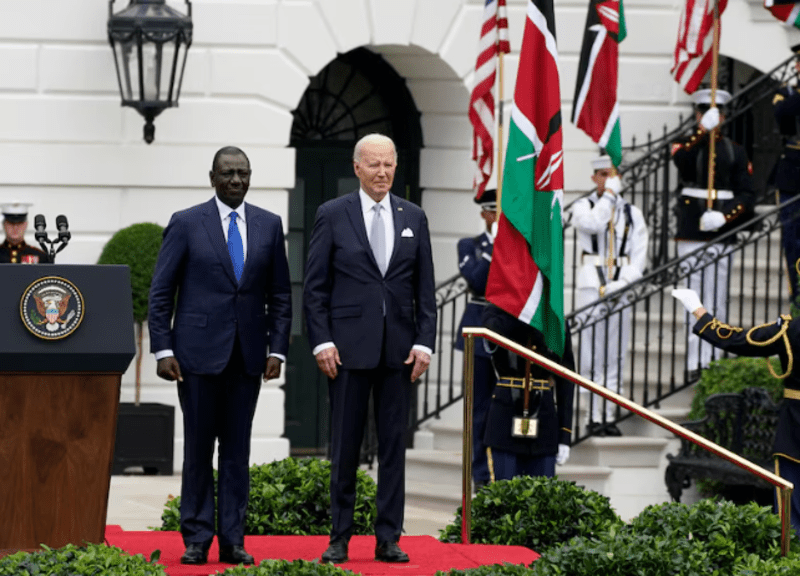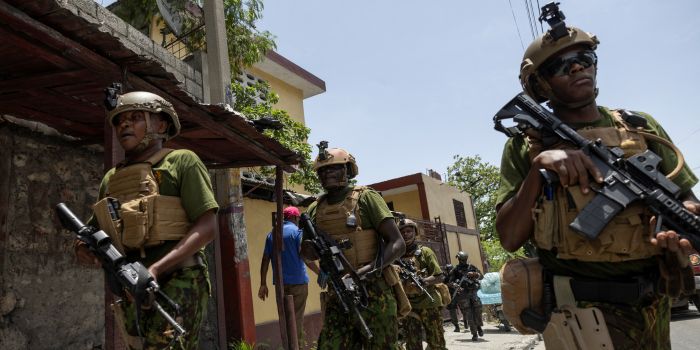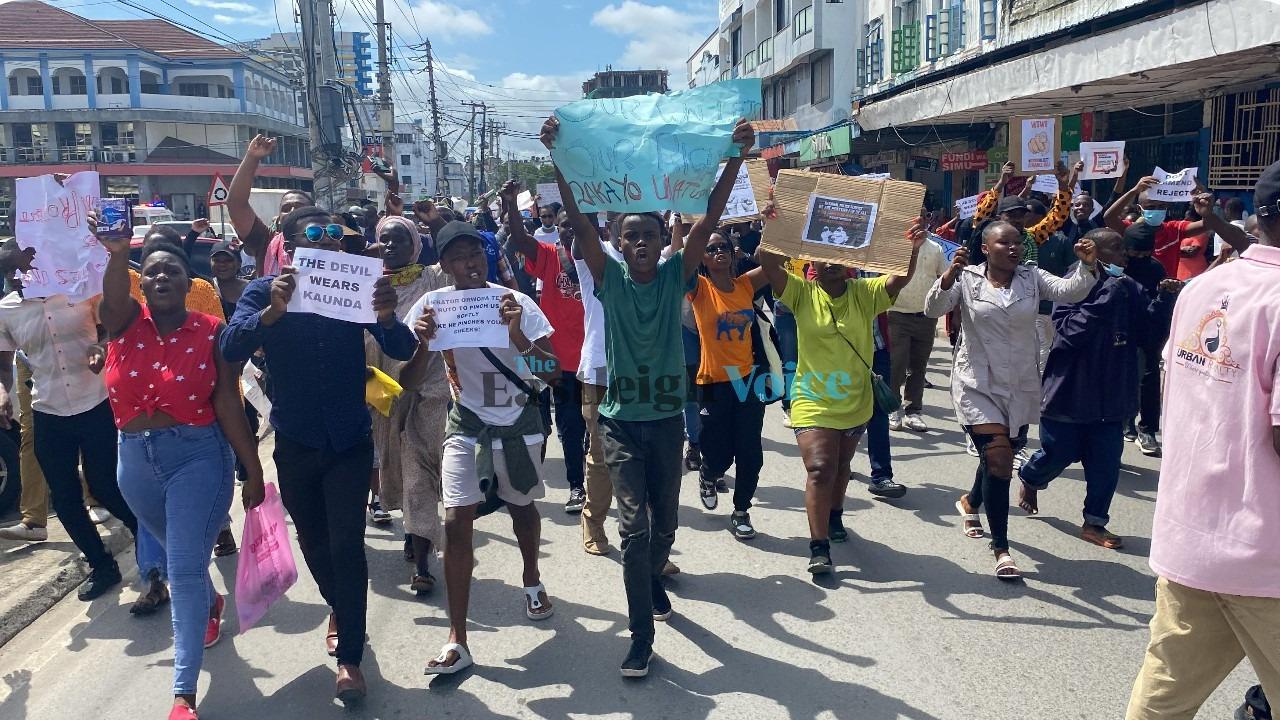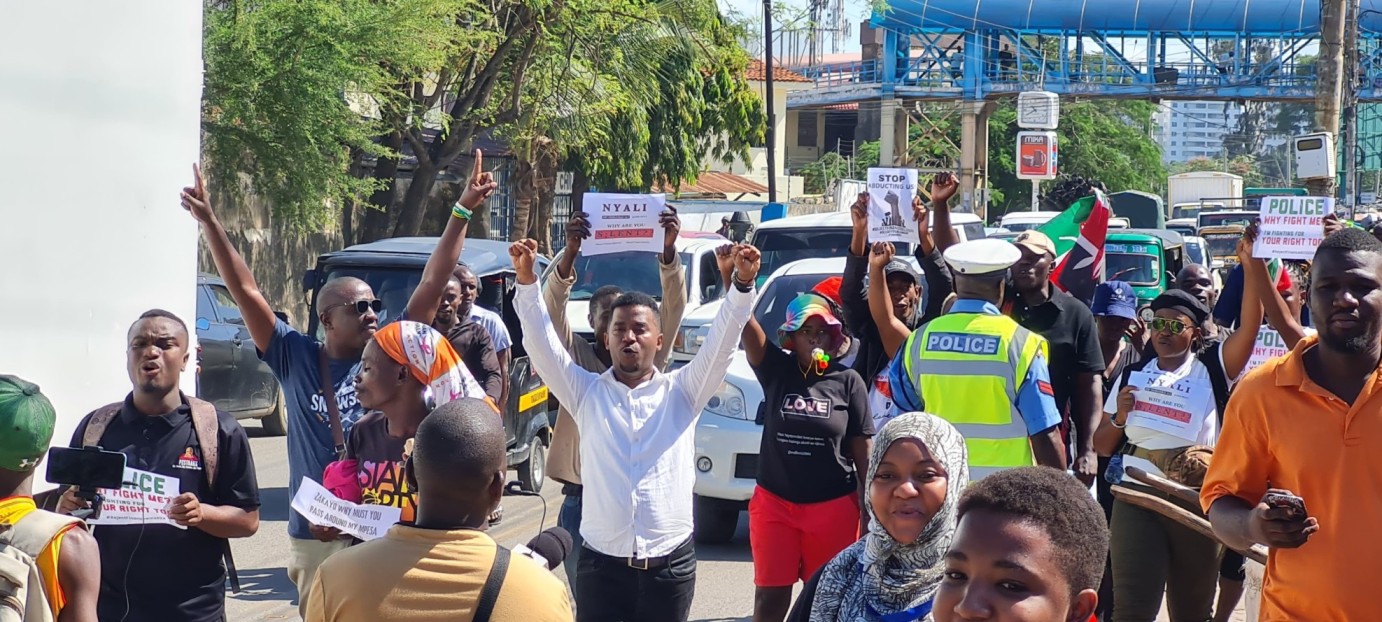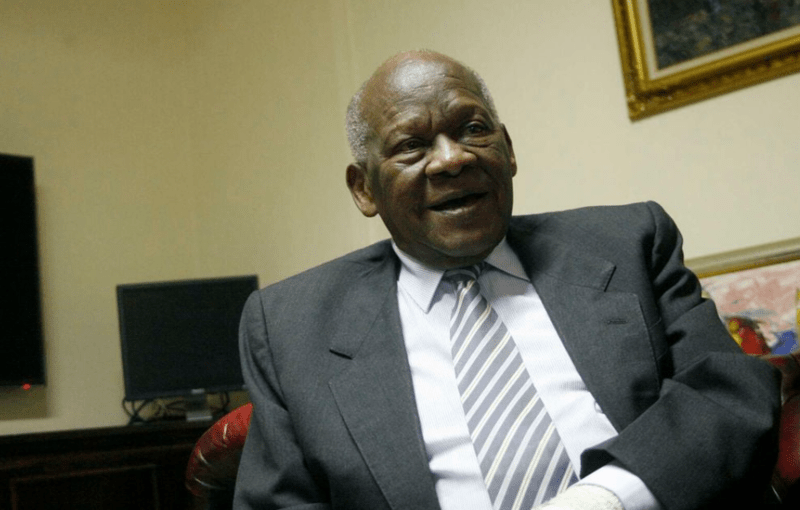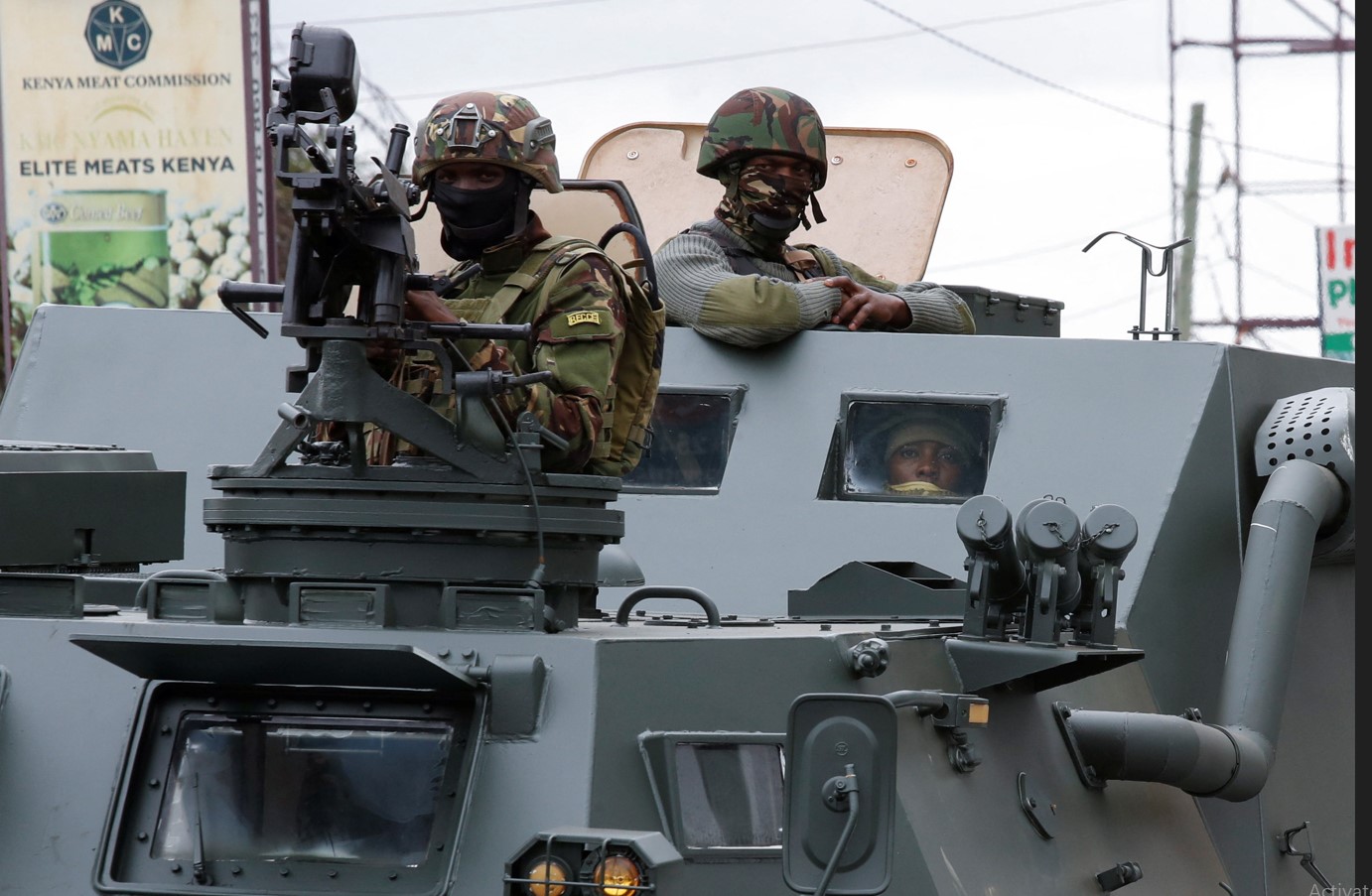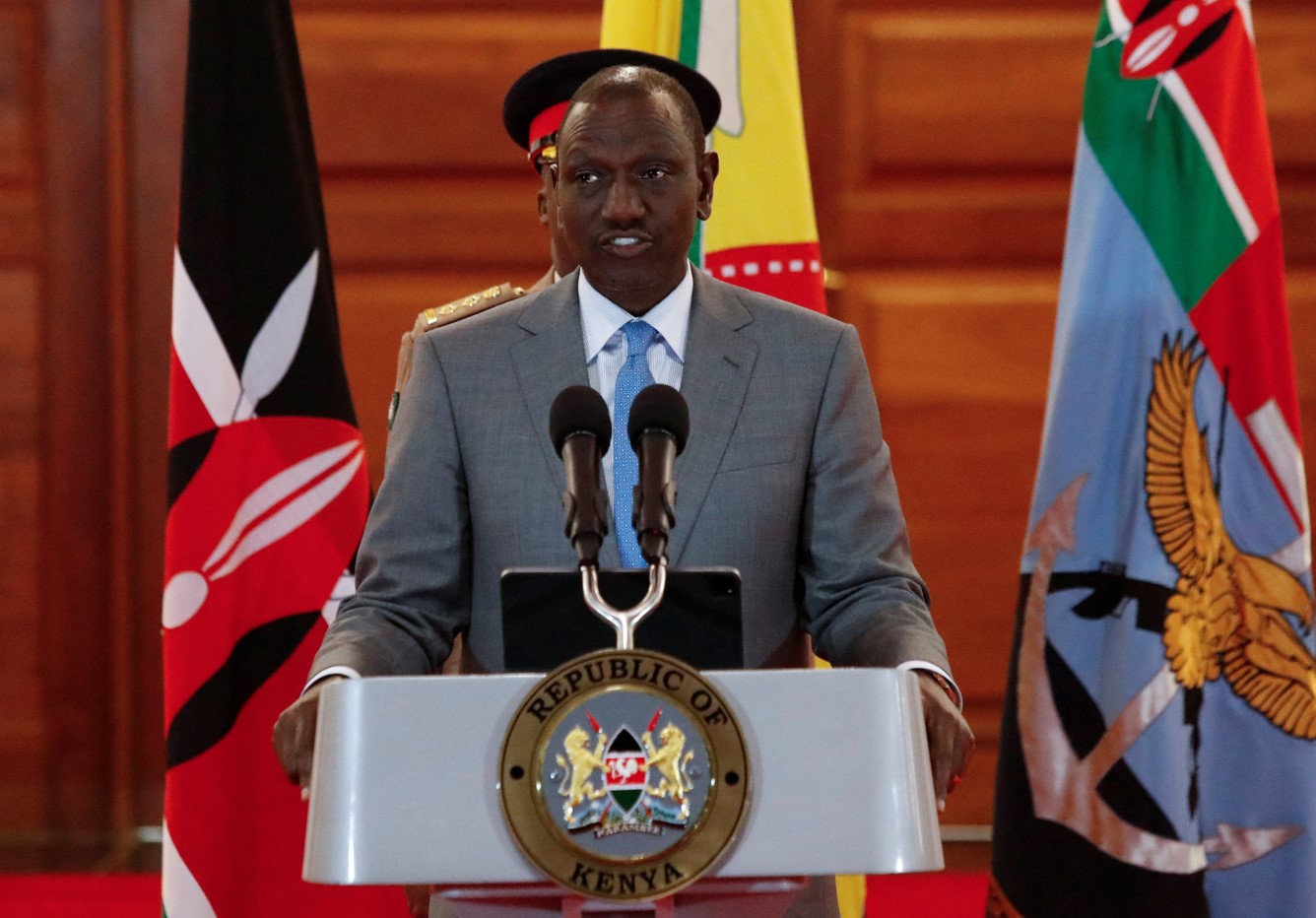Kenya faces economic losses of up to Sh1 trillion to illicit trade - report
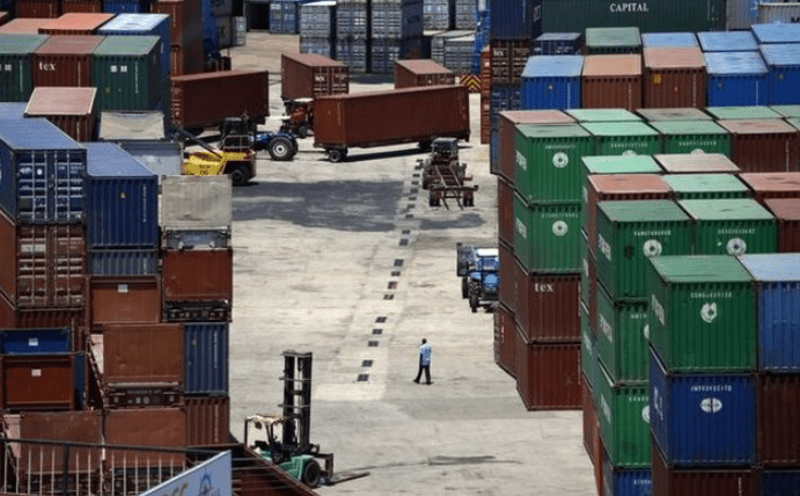
By Lucy Mumbi |
The primary sectors impacted include pharmaceuticals, alcohol, cosmetics, motor vehicle spare parts and other fast-moving consumer goods.
Kenya suffers annual financial losses ranging from Sh100 billion to Sh1 trillion due to illicit trade, the Enforcement for the African Regional Intellectual Property Organisation (ARIPO) has revealed.
The primary sectors impacted include pharmaceuticals, alcohol, cosmetics, motor vehicle spare parts and other fast-moving consumer goods (FMCG).
Keep reading
Executive Director of the Anti-Counterfeit Authority (ACA) Robi Njoroge, emphasised the organisation's partnership with the National Transport and Safety Authority (NTSA) to examine how counterfeit vehicle spare parts contribute to road accidents in the country.
“Some of the fatalities from road accidents are the result of counterfeit spare parts, and this is why we are working with the NTSA to study the effects of this,” he said, adding that the counterfeiting landscape is evolving.
He spoke during an ongoing three-day training on Intellectual Property Rights (IPR) Enforcement for ARIPO Member States in Nairobi, Kenya.
Membership to ARIPO is open to Member States of the Economic Commission for Africa (UNECA) or the African Union (AU). As of 14 July 2022, ARIPO was comprised of 22 Member States
The EU Deputy Ambassador to Kenya Ondrej Simek noted that counterfeit goods now extend beyond luxury items to everyday household products, posing health risks to consumers.
“Previously, counterfeiting only affected high-end luxury goods, but now it has moved even to everyday household goods, which affects the health of consumers,” he said.
Supporting this view, the UN Office on Drugs and Crime (UNDOC) reported in 2023 that counterfeit medications cause approximately 500,000 deaths annually in Africa.
Aida Galindo, Project Leader at AfrIPI, said that the organisation is working with law enforcement agencies in Kenya and the other 22 AfrIPI member states to ensure that there is cross-border enforcement due to the transnational nature of the crime.
“This advanced training program is crucial for protecting intellectual property rights (IPRs) and fostering a robust innovation ecosystem in Africa by equipping enforcement officers with the necessary skills and encouraging regional cooperation,” Galindo said.
Intellectual property rights (IPRs) include trademarks, patents, utility models, industrial designs, copyrights, plant breeders’ rights, layout designs of integrated circuits, geographical indications, new plant varieties, and traditional knowledge.
Despite variations in definitions and categories by country, the importance of IPRs is globally recognised.
IP rights, as intangible assets, play a crucial role in the competitiveness of businesses within the global economy.
They are a primary method for securing returns on investment in innovation, creativity, and reputation.
Additionally, IP rights can generate essential cash flow through licensing deals or sales and serve as a significant draw for investors.





